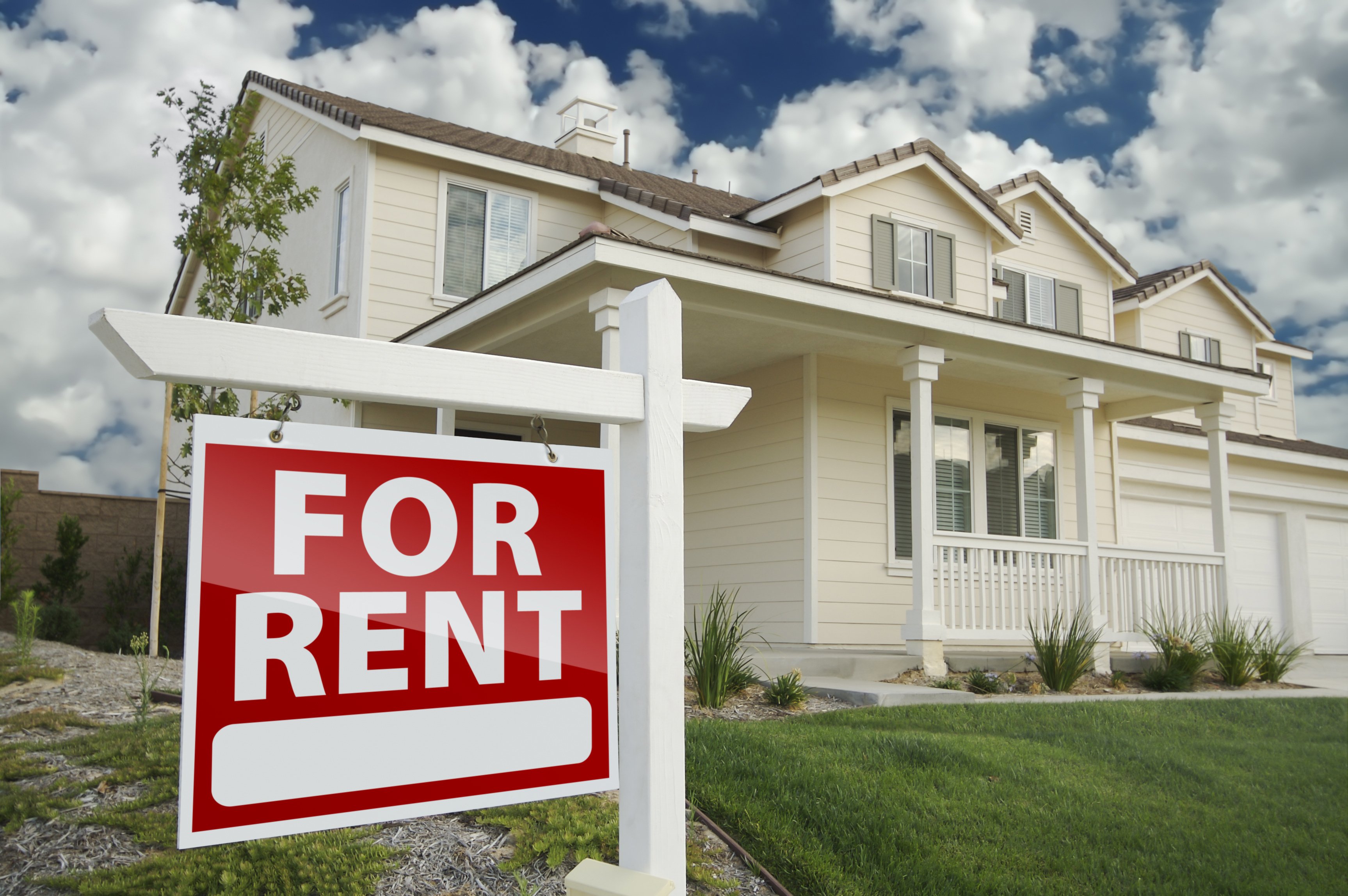Contributed by: PhillipB, FreeTaxUSA Agent, Tax Pro

Tax breaks are wonderful, but they often have strings and rules attached that need to be followed before you can take the deduction.
The Tax Cut and Jobs Act of 2017 created the qualified business income deduction. This new tax break provided a deduction on 20% of qualified business income. In most cases, business income only includes income from an active trade or business, but there was an exception made for rental enterprises that qualify as a trade or business. Determining whether a rental is a qualified trade or business has some complex rules that landlords need to be aware of before they report the QBI deduction.
Types of rental properties that never qualify as qualified business income
Income from the rental scenarios listed below, are excluded from the qualified business income.
- Property used as a residence for vacation, partial year rental, and self-rentals
- Property that is rented on triple net leases. In a triple net lease, the tenant pays the rent, utilities, real estate taxes, insurance, and maintenance.
- Rental properties associated with a SSTB (Specified Services Trade or Business). SSTBs include investment services, accounting and financial services, actuarial services, health care, consulting, legal services, athletics and performing arts, and businesses associated with endorsements.
Does the rental qualify as a trade or business?
There are a couple of ways that a rental property can qualify as a trade or business. You only need to qualify under one of these options.
- Rental properties owned by real estate professionals are considered trades or businesses for the QBI deduction. You must meet the following requirements to be considered a real estate professional
- More than 50% of your personal services as an employee (including self-employment) are from real property trades or businesses where you are at least a 5% owner of the business, and
- You worked more than 750 hours in a real property trade or business where you were a material participant
- Real property trades or businesses include the following:
- Development
- Construction
- Property conversions
- Rental real estate property owners
- Real property manager
- Acquisitions
- Real estate agent or broker
- Your rental enterprise (can be one or multiple rental properties considered together) meets the safe harbor definition of an active trade or business. The requirements for the safe harbor are as follows:
- You maintain books and records to track your income and expenses.
- There must be at least 250 hours of rental services performed per year if the rental enterprise has existed for less than 4 years. If the enterprise has existed for more than 4 years, there must have been 250 hours of rental services performed in 3 out of the last 5 years.
- Contemporaneous records must be kept of the rental services that were performed. The records need to include who performed the services, a description of the services that were performed, the date and numbers of hours for the work.
- Services can be provided by landlords, employees, independent contractors, or agents. The qualifying services include:
- General operations of the property
- Purchasing
- Property management
- Supervision of employees or contractors
- Advertising
- Tenant selection and vetting
- Negotiating leases
- Collecting and depositing rent
- Qualifying service hours do not include the following types of services:
- Travel time
- Time spent reviewing financial statements
- Time for financial and investment management
- Time on real estate property acquisitions
- Time spent on capital improvements
- Rental property that qualifies as a traditional trade or business under IRC code 162 does not need to meet safe harbor or real estate professional requirements. These rentals include full service, hotel-like vacation rental properties, and short-term rental properties that are rented less than an average of 7 days per renter each year.
Should I claim the qualified business income deduction on my rental property?
It depends.
If you are an average landlord with long term tenants in one rental property, you likely won’t meet the safe harbor 250 hours of rental services requirement to claim the deduction. Further, the record-keeping requirement is strict and could be a problem if you are not very good about keeping detailed records.
Conversely, if you are a real estate professional or someone with multiple rental properties, this deduction may be something you should consider. If you are a real estate professional, you qualify for this deduction automatically. If your situation is a landlord with multiple rental properties, you should gather the required records and see if you meet the 250 hours for one property or for all of your properties combined.